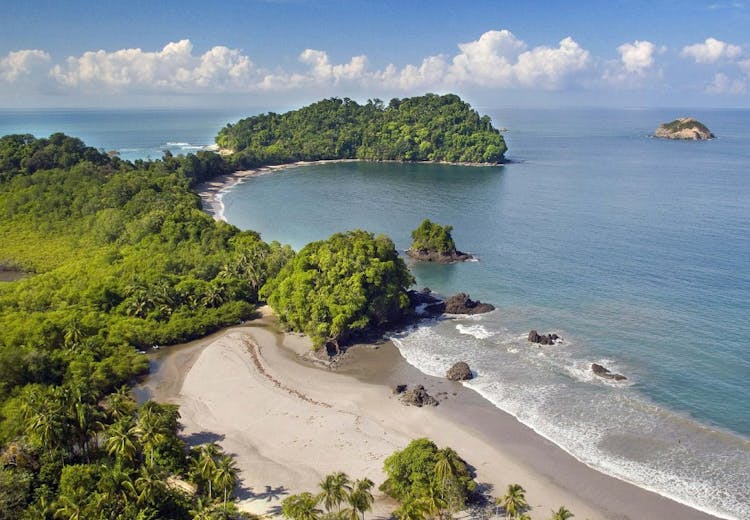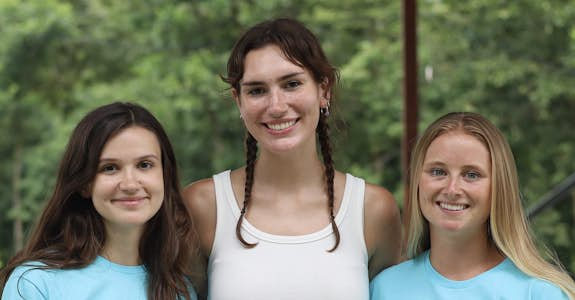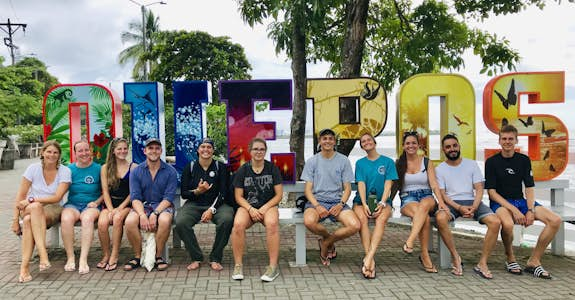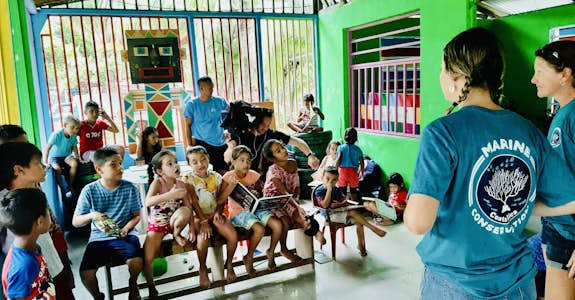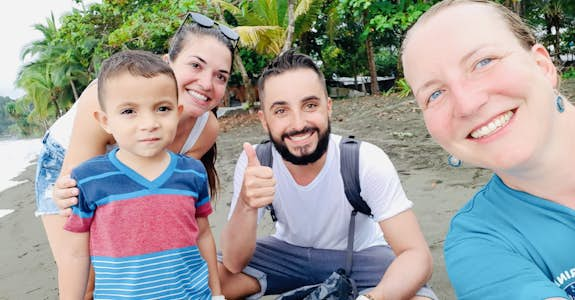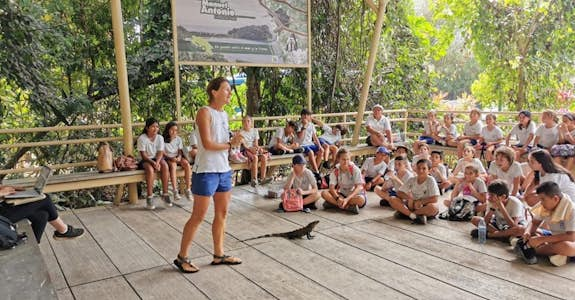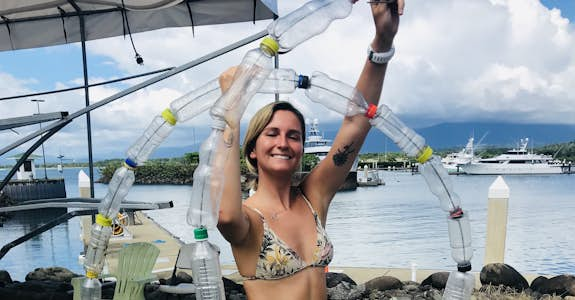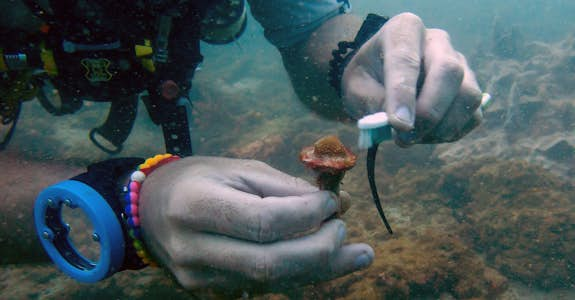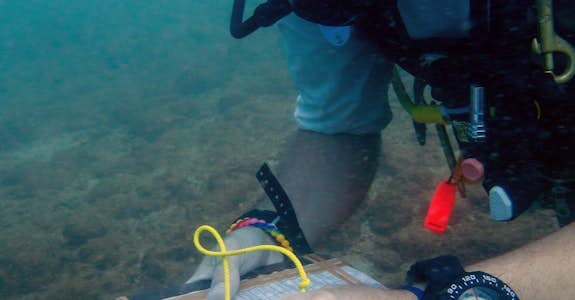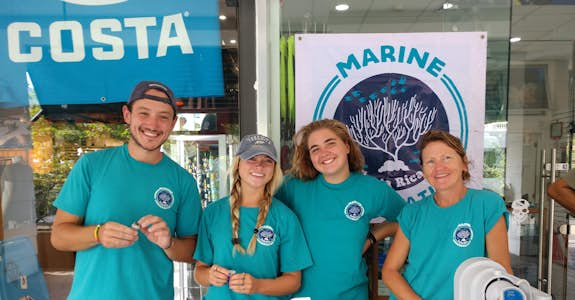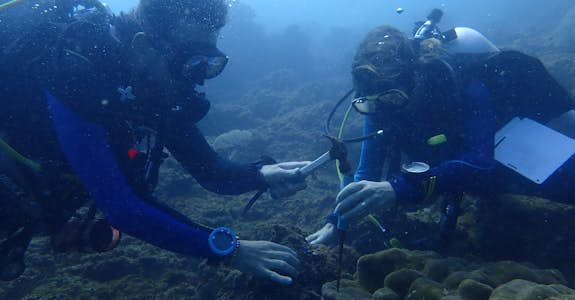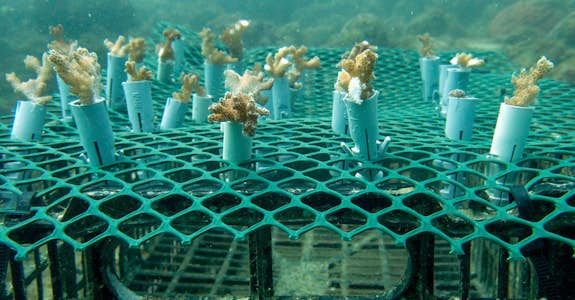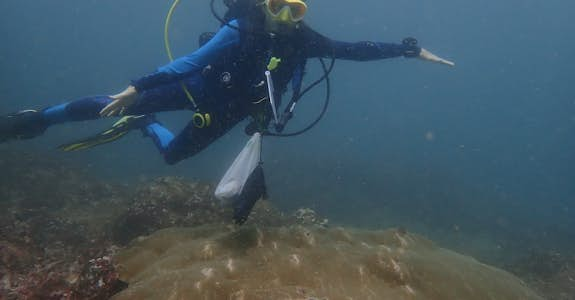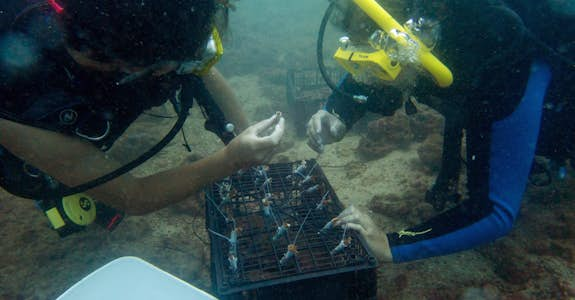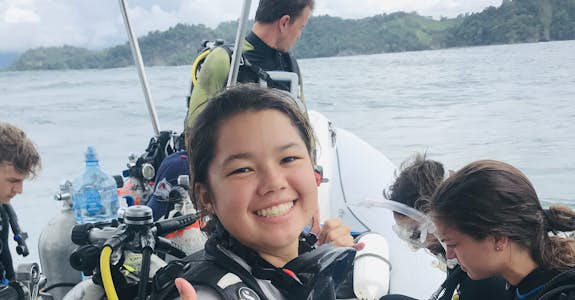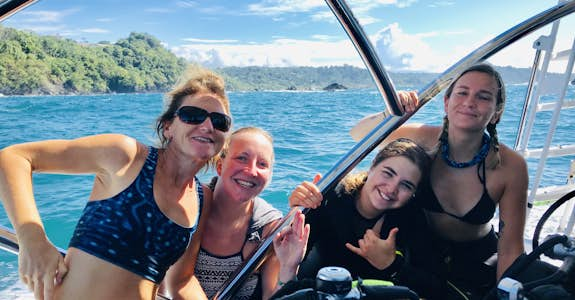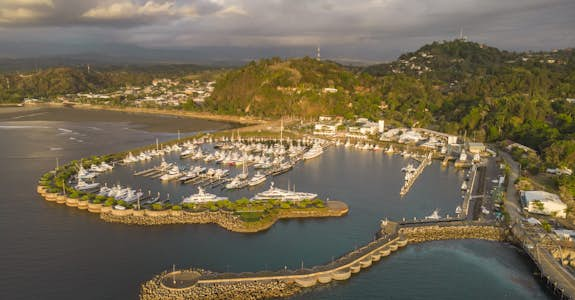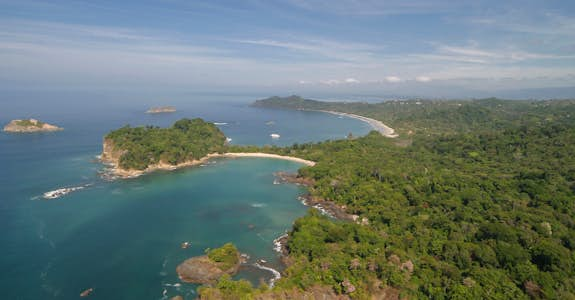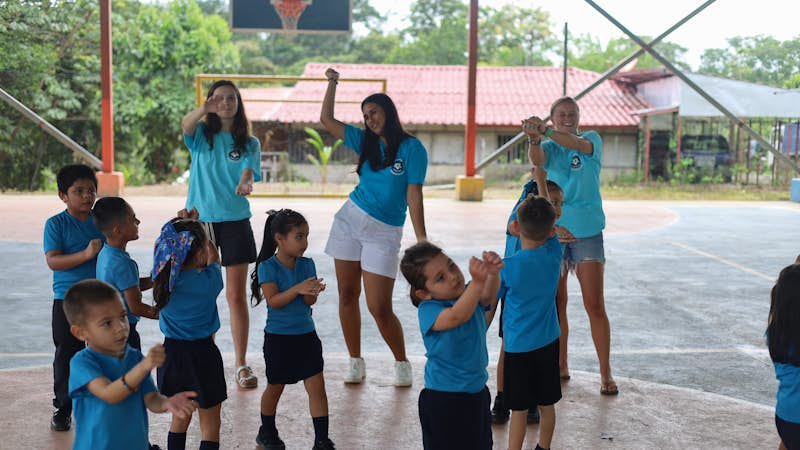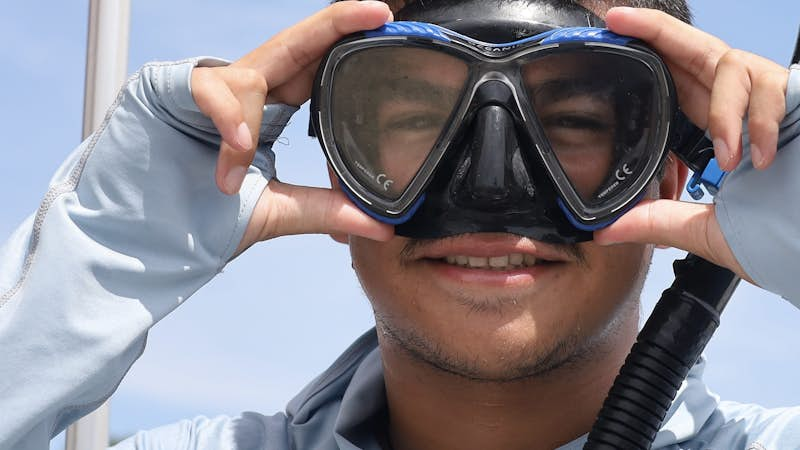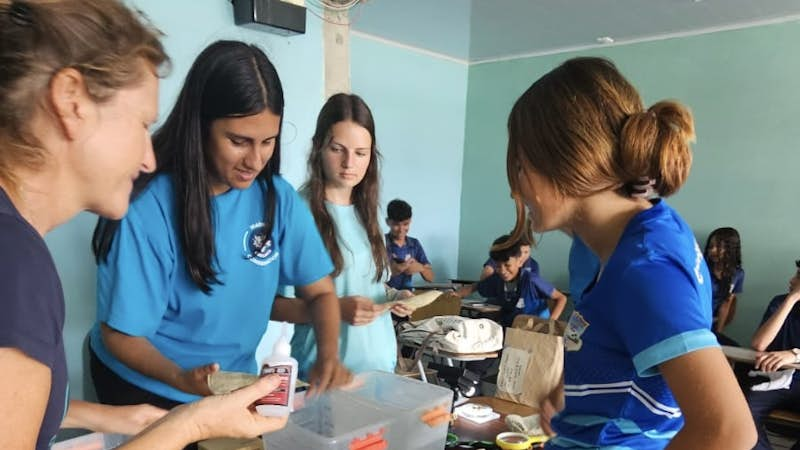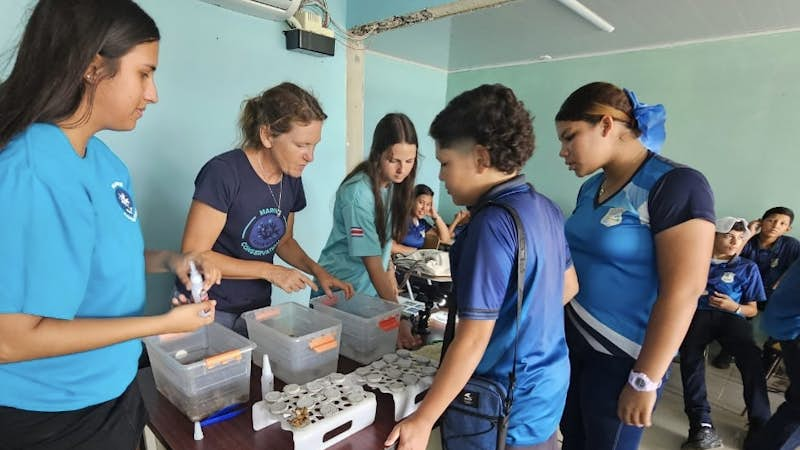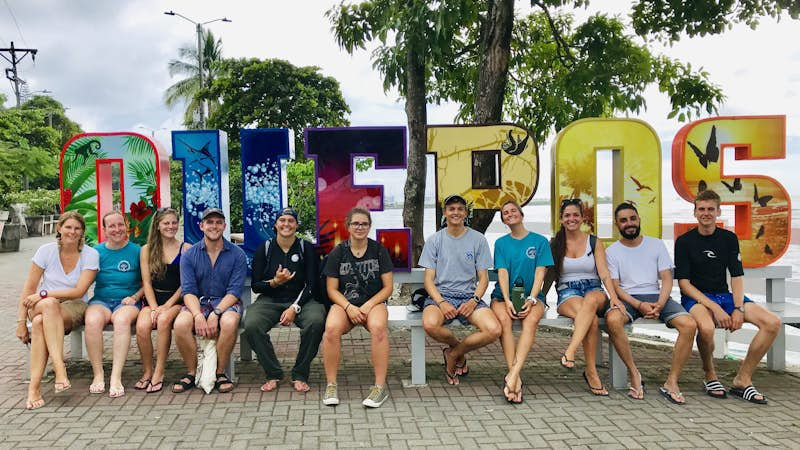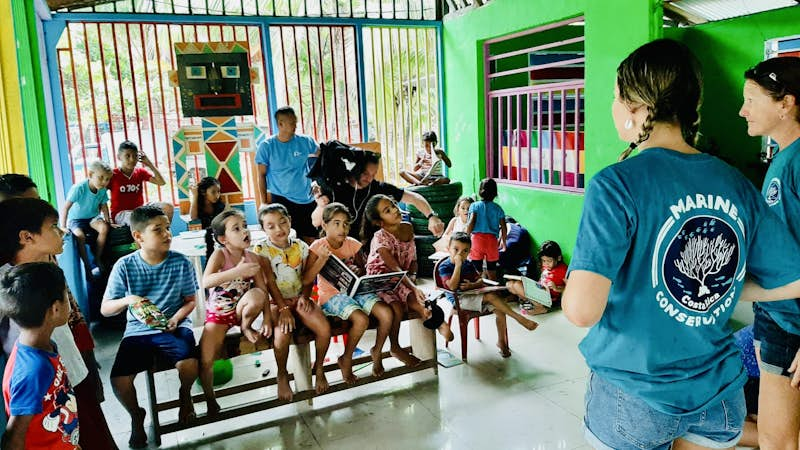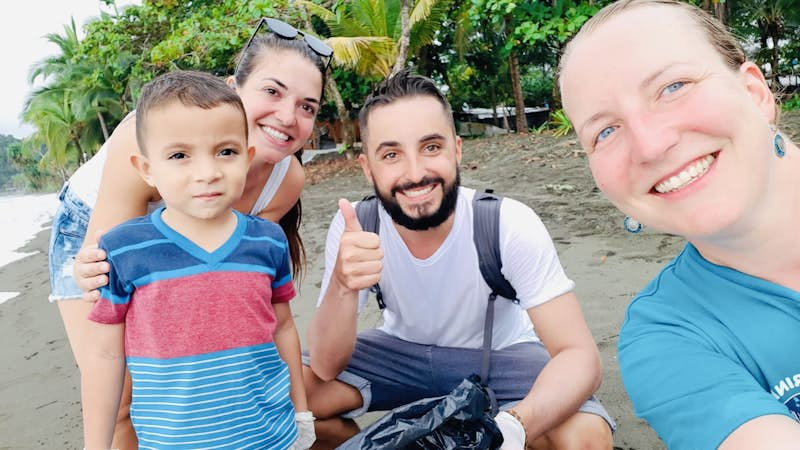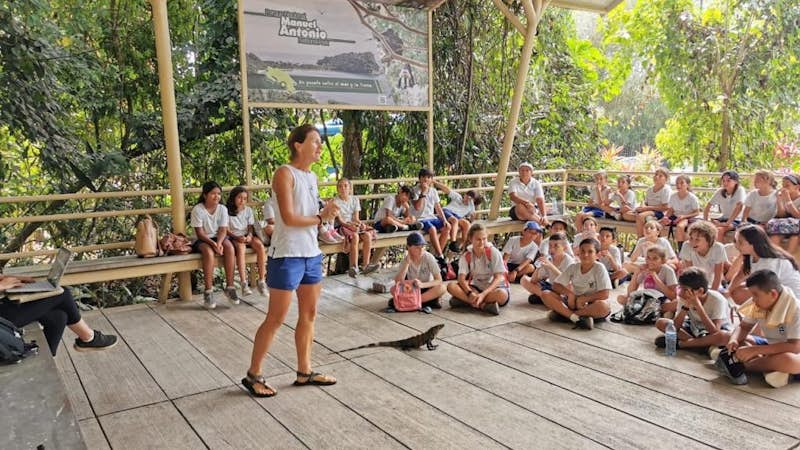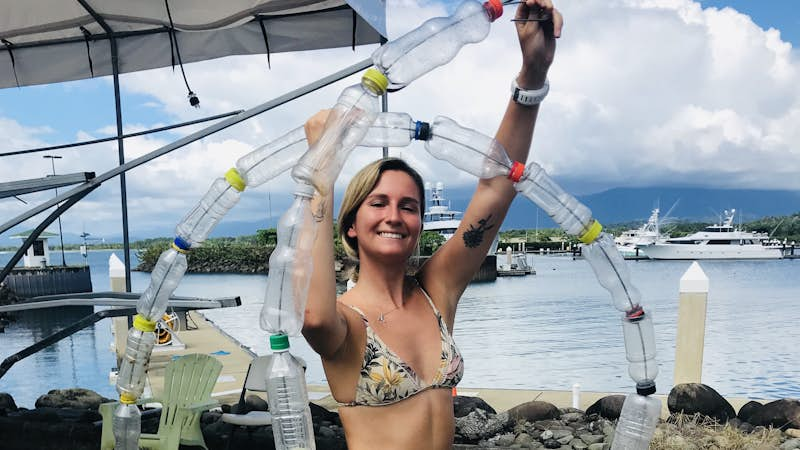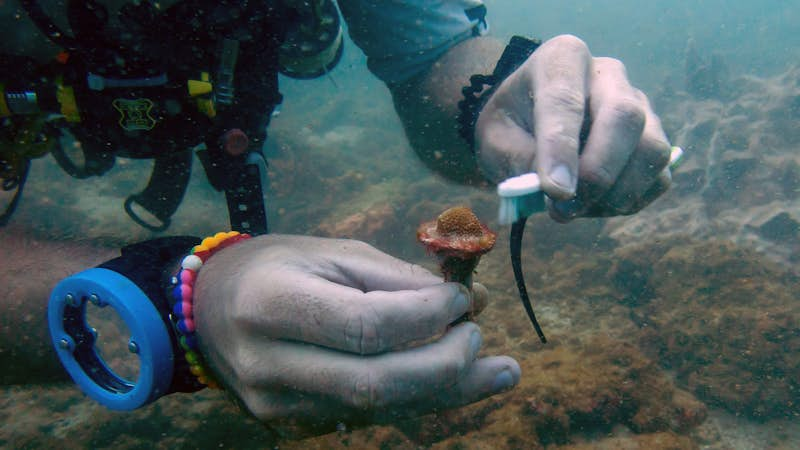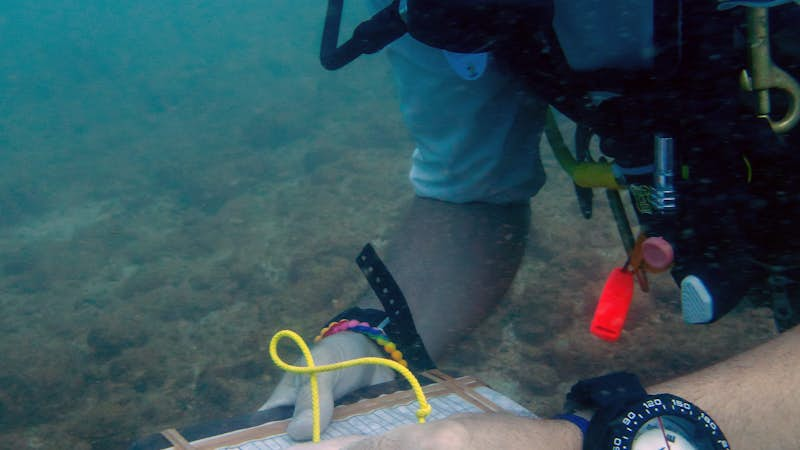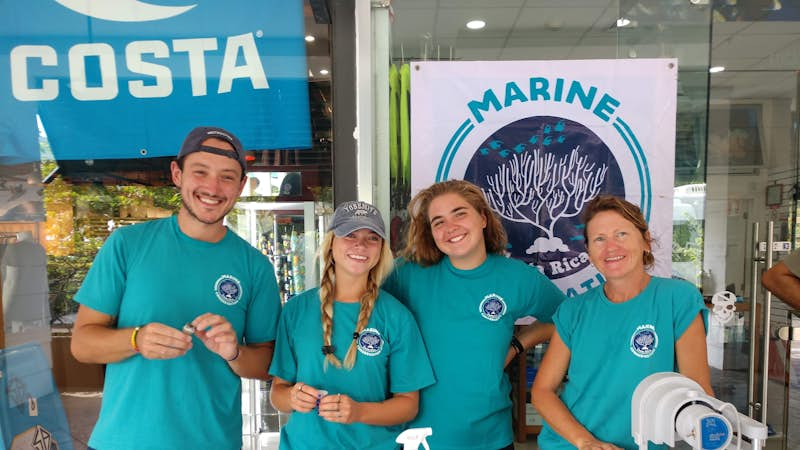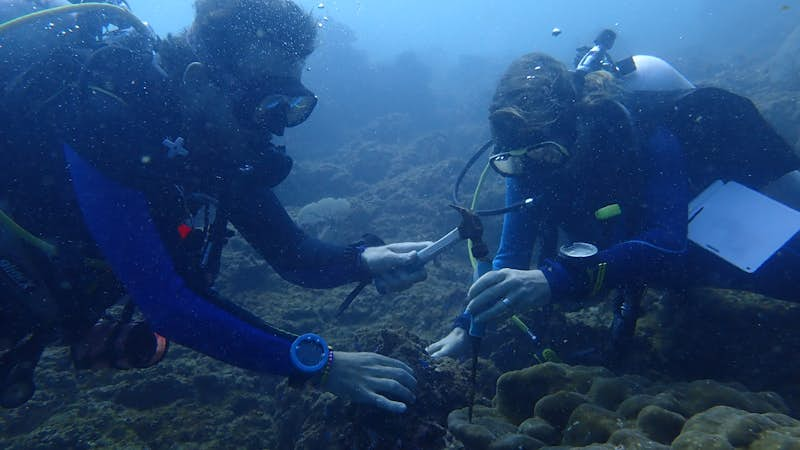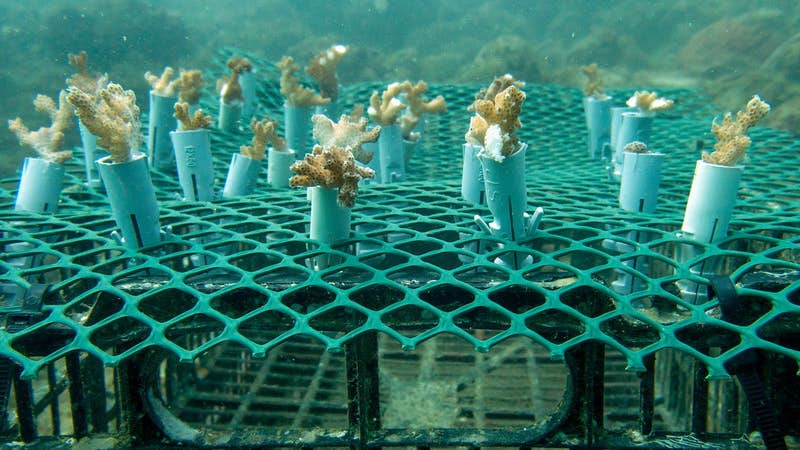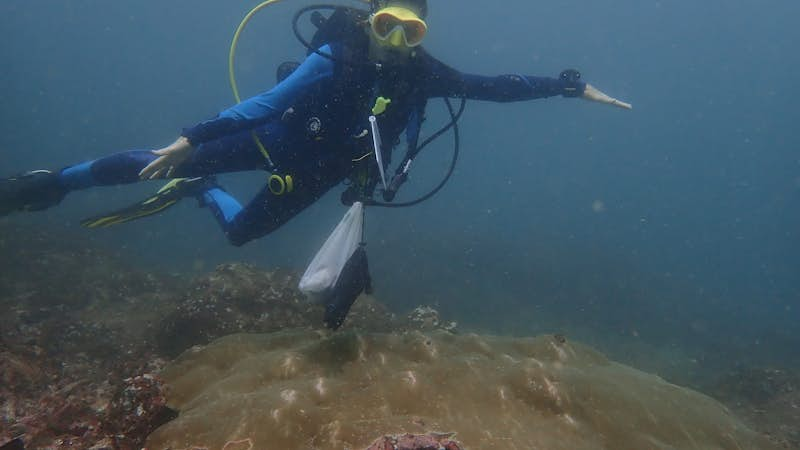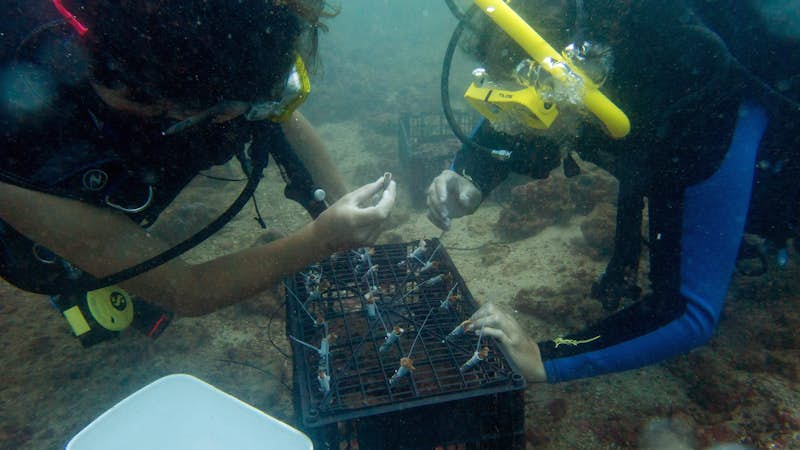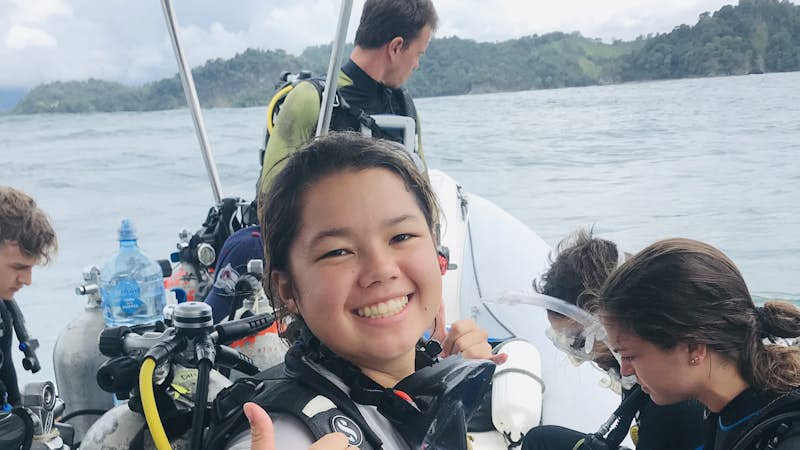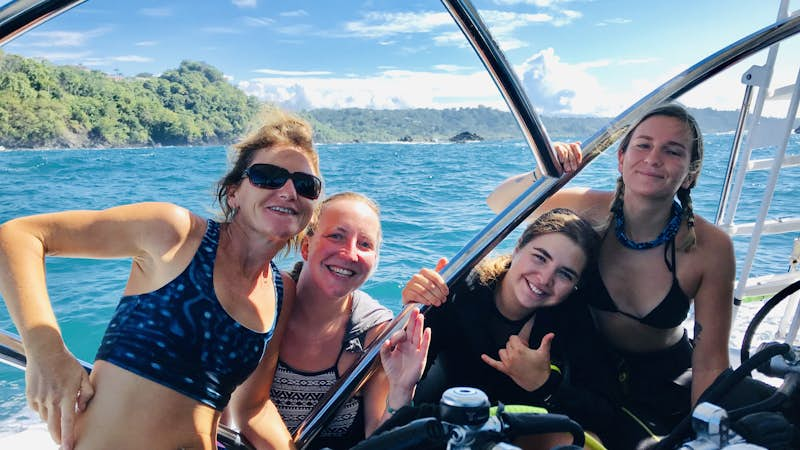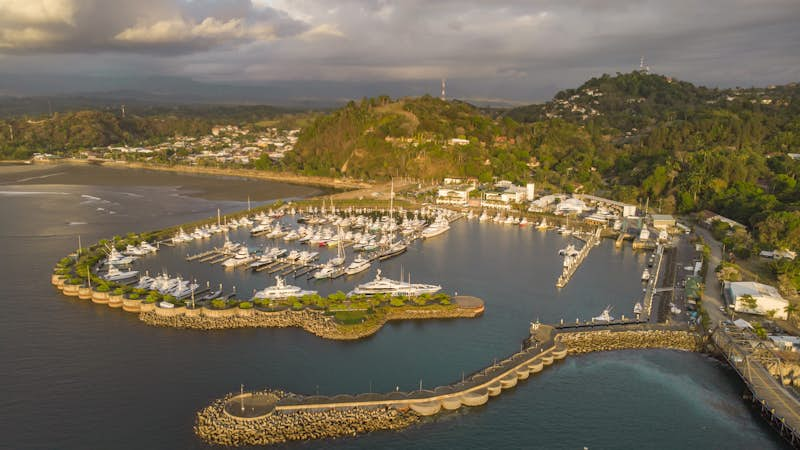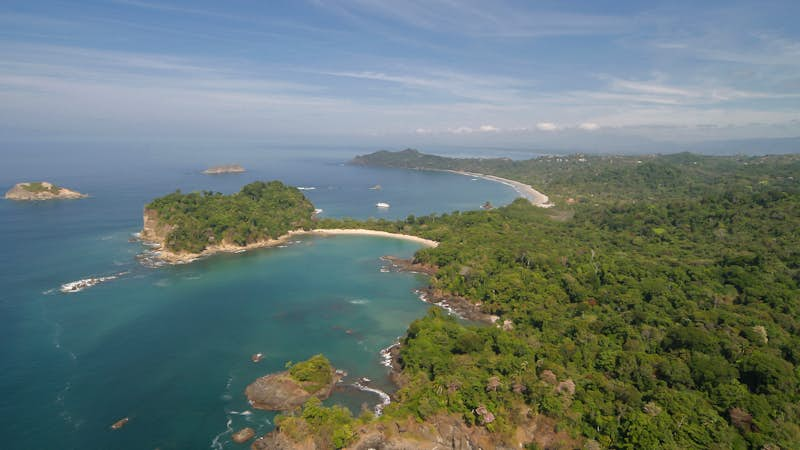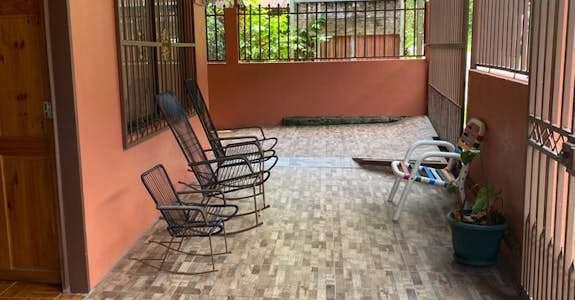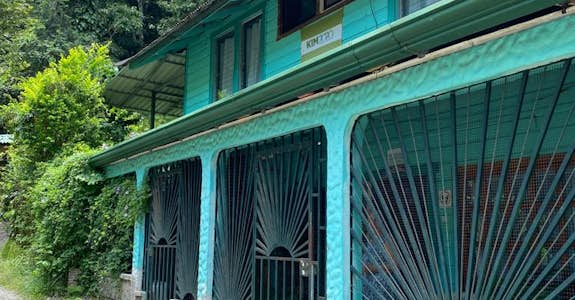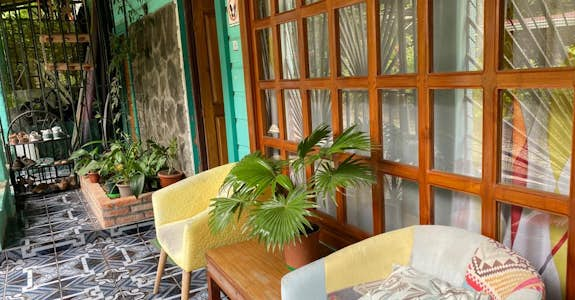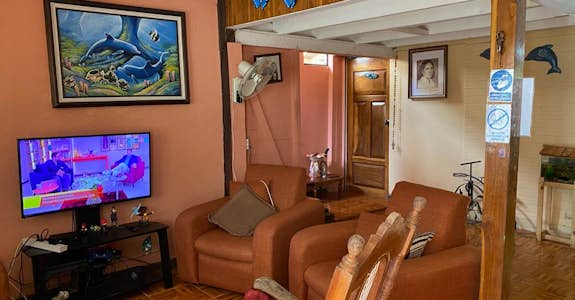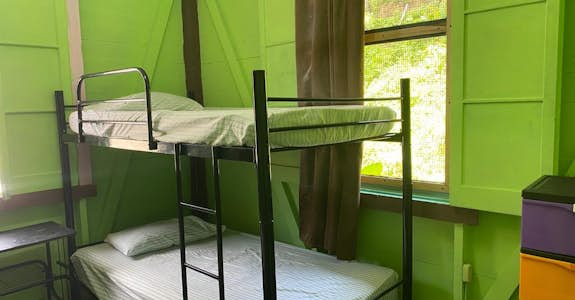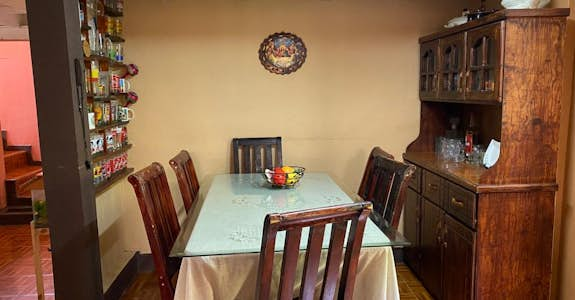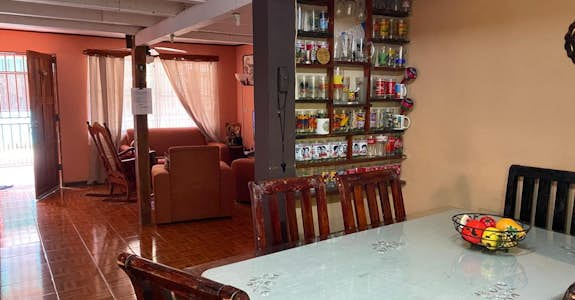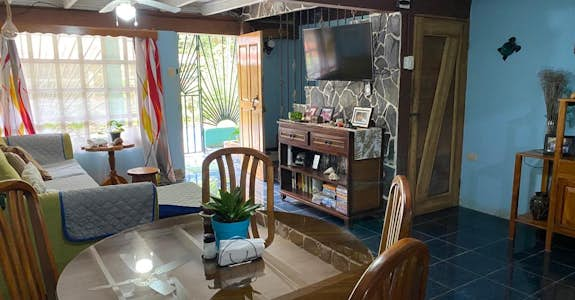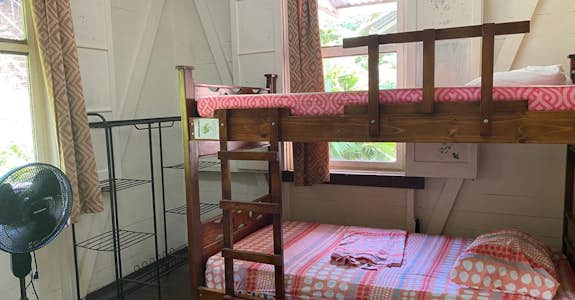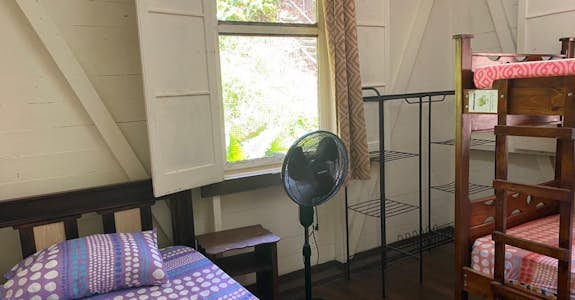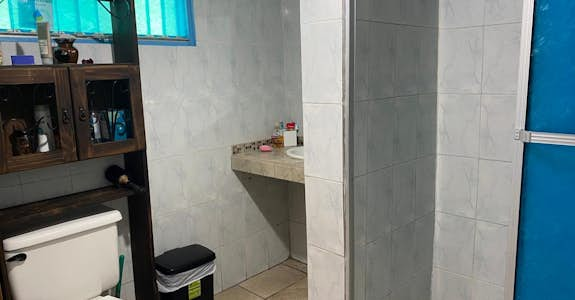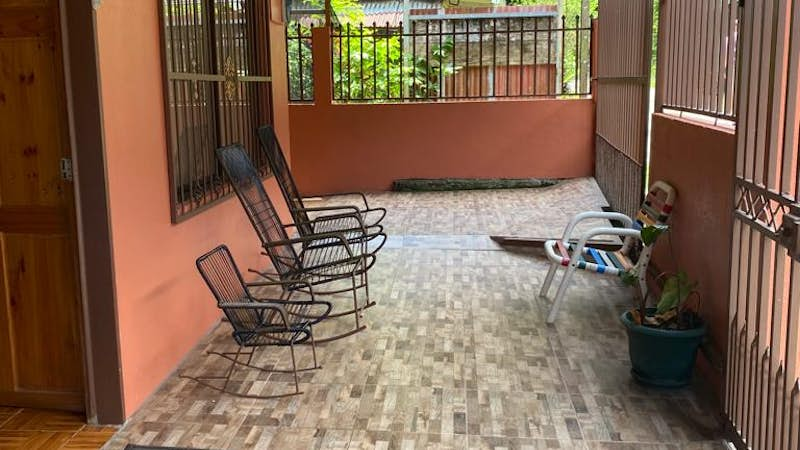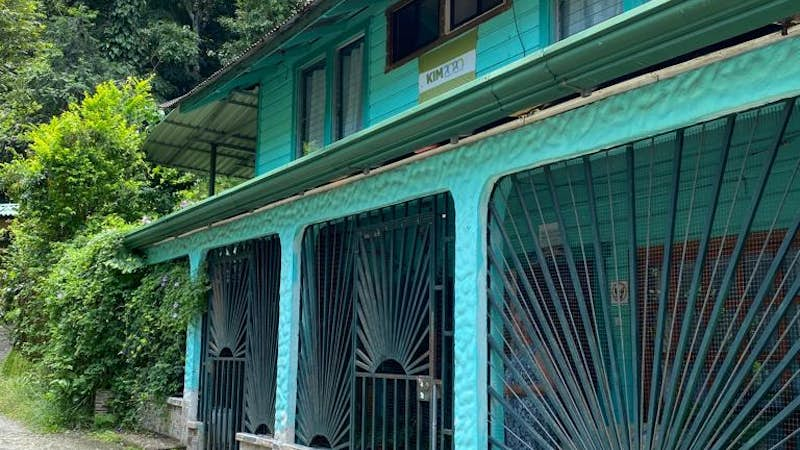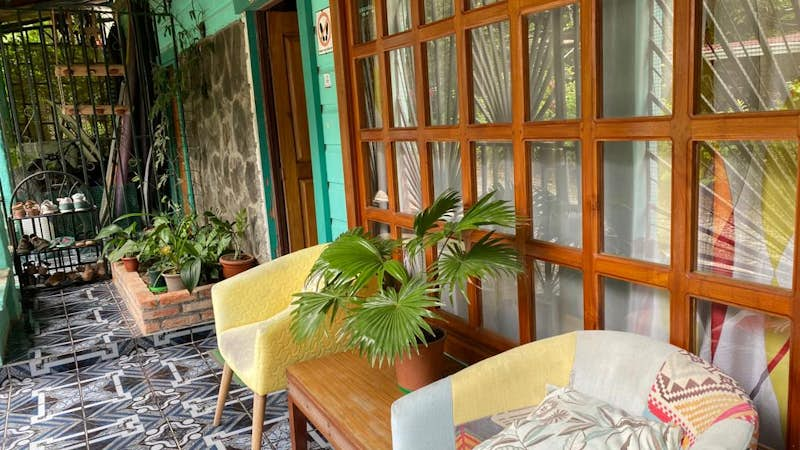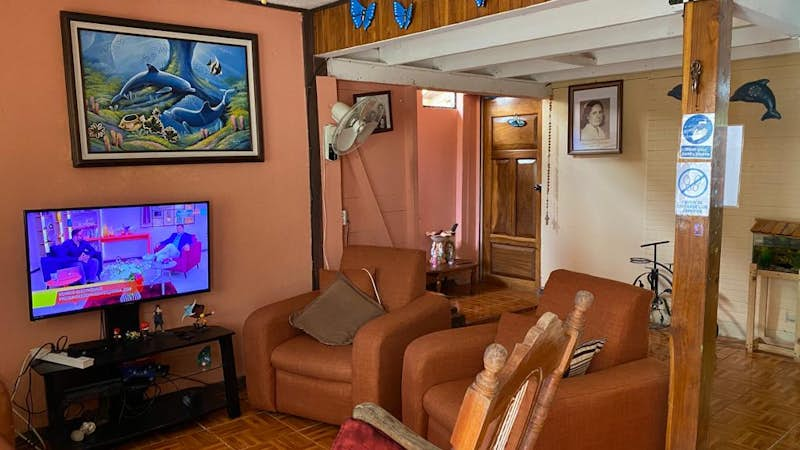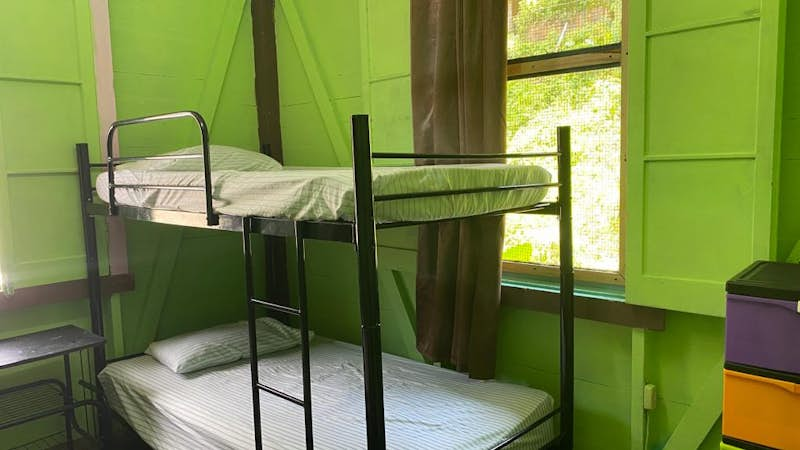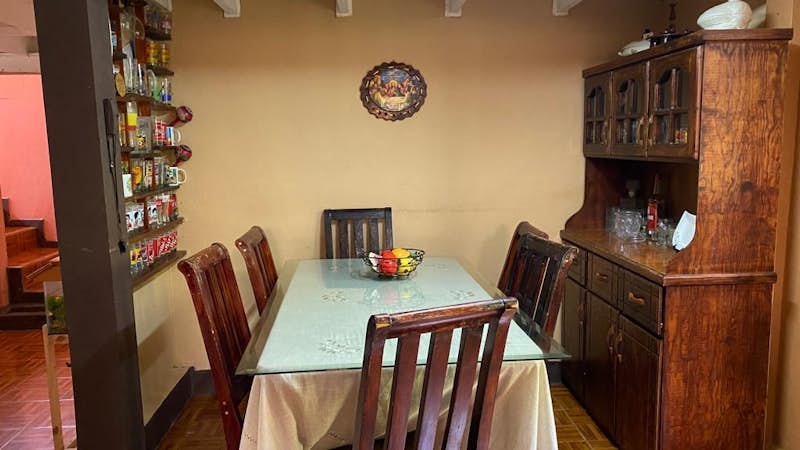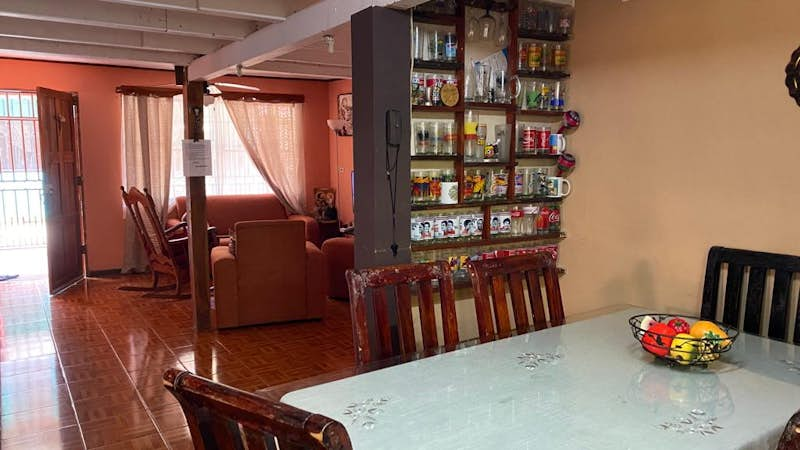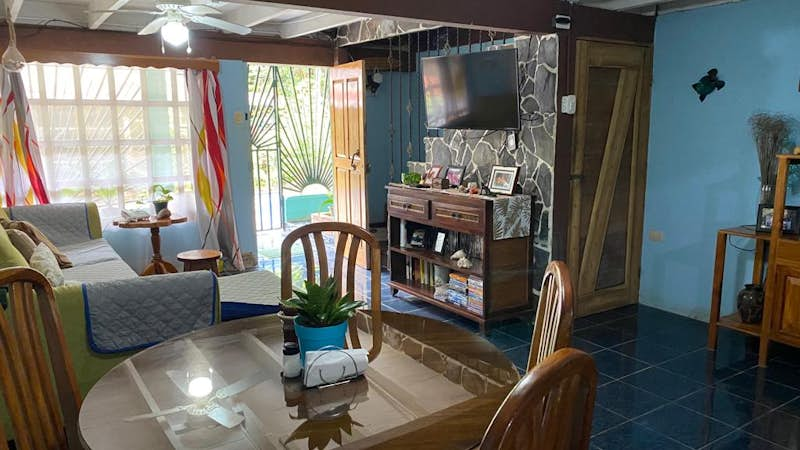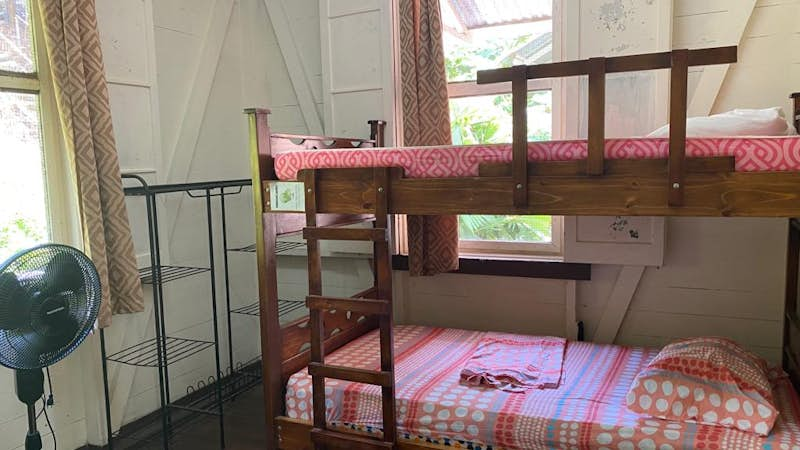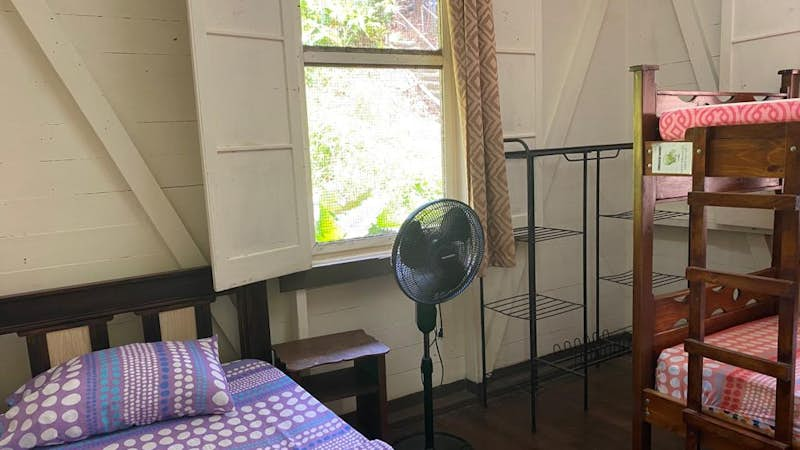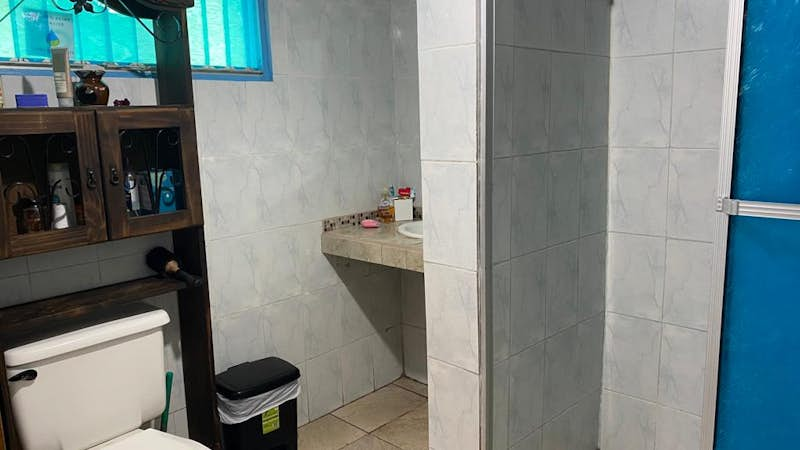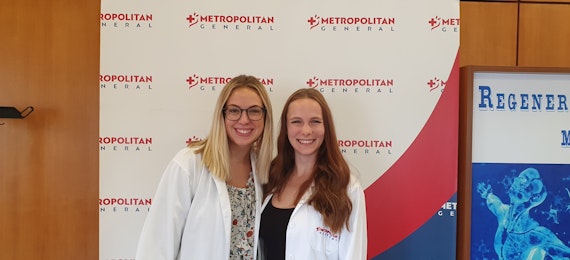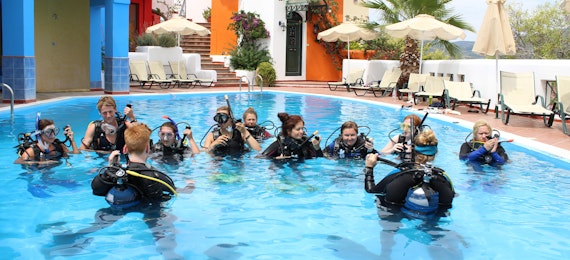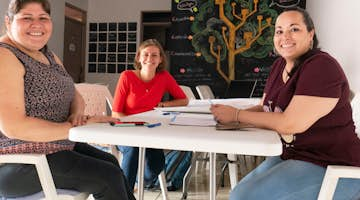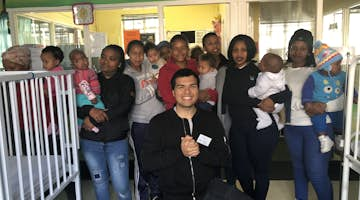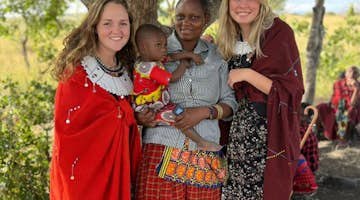
Environmental Education Internships: Intern abroad in Manuel Antonio, Costa Rica
Education is one of the greatest tools available! The ability to share insights, resources and knowledge with local communities and visitors empowers grass-roots environmental projects, which require support in order to succeed. Environmental Education interns are involved with projects that collaborate with local schools and community groups. In addition, there is scope to offer workshops with local tourism companies and visiting tourists to the region.
What to expect from your Environmental Education internship:
- Gain confidence and experience as an educator within schools and communities
- Learn relationship building skills that enable you to work and communicate with others
- Develop your understanding of how conservationists foster support for environmental priorities
- Enjoy spare time in Manuel Antonio, one of the world’s most biodiverse destinations
Your internship abroad host organization:
- Non-profit organization
Internship details
Environmental Education interns collaborate with a local Marine Conservation non profit organization, which is dedicated to developing sustainable relationships with community stakeholders. Through the provision of ongoing educational support, interns prioritize outreach activities which inspire others to become conscious custodians of their environment.
This is an in-country internship, with accommodation and meals included. You can explore remote Education & Youth Development internships, if you are looking for an internship program that you can undertake from home.
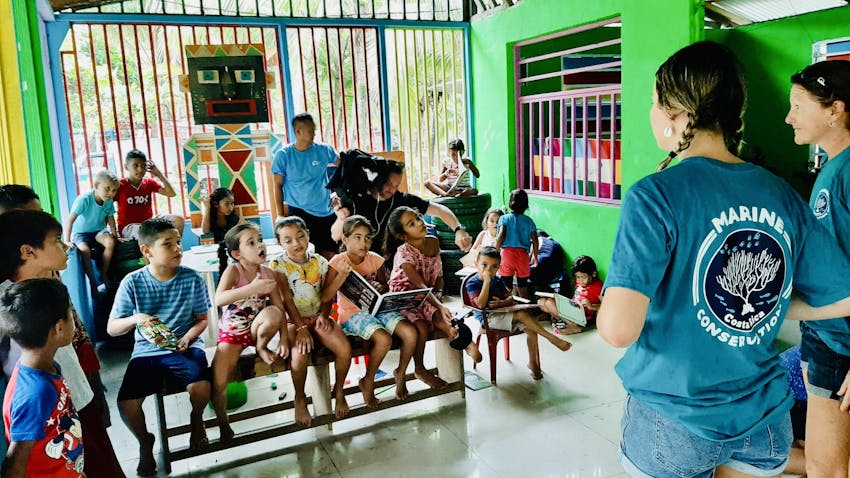
Costa Rica has one of the highest biodiversities on the planet, both on the land and in the water. This incredible environment has influenced Costa Rican culture and its economy, as communities and businesses seek to use unique natural resources to an advantage, while also striving to understand and protect the delicate ecosystems.
Environmental Education interns can expect to assist the Marine Conservation NPO, as it works with local schools and the community. This includes running workshops, field trips, and talks on marine conservation topics. Interns contribute to the development of educational outreach programs and curriculums for schools, colleges and the general public. Educational content / curriculums must be designed to cover all ages, so there is a diverse range of content to be produced and adapted. Resources developed for the general public can contribute to ongoing awareness campaigns which are disseminated by the NPO.
In addition to general environmental education, interns can lend their support to building community outreach projects. For example, these may include beach clean ups, underwater clean ups, presentations for local groups, and awareness campaigns through art. A number of marine conservation courses are also provided by the NPO, which introduce visiting students and tourists to the flagship coral restoration project, along with the principal techniques and protocols that are used to conduct research.
There is a high expectation for interns to exercise initiative and manage a flexible schedule during this internship. Progress reports are expected on an ongoing basis. In all cases, interns should expect that the first week of your experience will focus on settling in and gaining some introductory knowledge, as you will not “hit the ground running”. Rather, you should start with learning about the placement to gain an understanding of what you can build upon, develop, learn, and contribute. Ensure that you ask questions and provide feedback during the introductory period, so that your supervisor understands how you’re progressing. This will help them to better understand important details, such as how quickly you learn, what you find challenging, what you find interesting, etc.
Understand and expect that individual internship experiences vary, as the specific placement that you’re assigned will depend on review of your resume and your current level of studies and experience. Therefore, if you’re at a more introductory level, you should reasonably expect a more introductory internship. Likewise, if you’re interning for a shorter duration, you will have a different experience from someone who is interning for a longer duration. Placement preferences are considered but always subject to availability.
Typical Schedule
-
Approx. 8am to 4pm, Monday to Friday
What are the career benefits of interning abroad as a Environmental Education Intern?
Environmental Education interns learn from a qualified and experienced supervisor, and can be involved in:
-
Assist with projects that collaborate with local schools and community groups
-
Offer workshops with local tourism companies
-
Develop digital media to supplement educational programs
Professional development opportunities:
-
Learn about local environmental challenges and how to overcome them
-
Develop relationship building skills with schools and communities
-
Gain organizational skills preparing and accommodating educative lessons
-
Gain practical skills and boost your employability, with guidance from Intern Abroad HQ’s Experiential Learning Curriculum to support your learning and cultural intelligence.
Are you eligible for this internship?
Submit a free application so we can confirm your eligibility and check availability for your preferred dates.
Not sure which program to join?
Costa Rica photo gallery
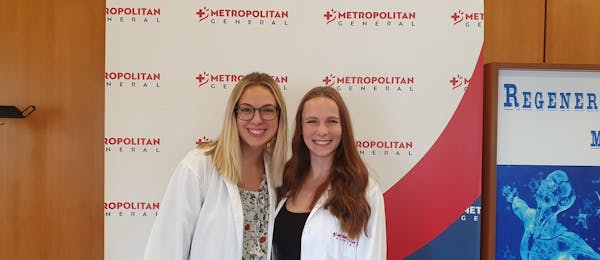
Academic credit available for all internships
Get course credit from your college or university while completing your internship abroad or a remote internship program. It's a great way to meet your academic requirements and gain valuable experience at the same time.
Learn about course creditProgram fees
Applying for our Environmental Education Internship is completely free! The support package covers the assistance we provide in finding your internship and arranging your living accommodations in your host country, ensuring you thrive during your program.
Please note that a deposit of US$499 is required to confirm your place. The remaining balance (minus your initial US$499 deposit) is due at least 60 days before your internship start date.
Duration |
Program Fee (USD) |
|---|---|
| 4 weeks | $2,875 Equivalent to $102 /day |
| 5 weeks | $3,252 Equivalent to $92 /day |
| 6 weeks | $3,629 Equivalent to $86 /day |
| 8 weeks | $4,383 Equivalent to $78 /day |
| 10 weeks | $5,187 Equivalent to $74 /day |
| 12 weeks | $5,941 Equivalent to $70 /day |
| 16 weeks | $7,474 Equivalent to $66 /day |
| 20 weeks | $9,007 Equivalent to $64 /day |
| 24 weeks | $10,565 Equivalent to $62 /day |
- Airport pick-up
- Daily breakfast and dinner
- Accommodation
- 24/7 in-country support
- Program orientation
- Dedicated support before, during, and after your internship
- In-country guidance for social and tourist activities
- Sourcing and securing your internship placement
- Personalization of your internship plan
- Coaching from your supervisor
- Documented portfolio of your experiential learnings
- Academic credit facilitation
- International reference letter
- Certificate of Internship Completion
- Lunches
- All in-country transportation
- Transfer back to the airport at the end of your internship program
- Visa (if required), flights, travel insurance (mandatory), vaccinations, criminal background check
- Personal spending money for snacks, drinks, public transport, laundry, and leisure activities during your free time.
Free-time experiences & tours in Manuel Antonio
Take your internship to the next level with Intern Abroad HQ's affordable activity and tour add-ons in Manuel Antonio! Explore your options below and learn how to book them once you've been accepted onto an internship program.

All participants on our Marine Conservation and Coral Restoration programs must be scuba certified to minimum PADI Adventurer with buoyancy experience. If not, it’s ok - you are still welcome to proceed - but you’ll need to achieve the required level of PADI proficiency before the start date. Just sign up for our “intro week” package.
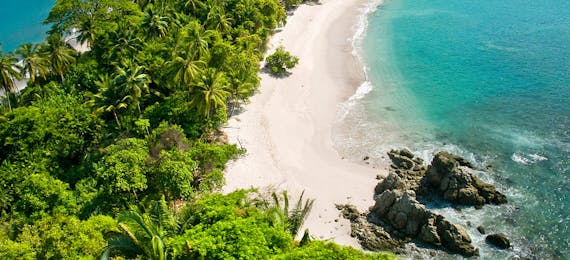
Hike through the Costa Rican rainforest and discover a large variety of flora and fauna in Manuel Antonio Park’s 683 hectares.

If you are already Open Water certified you just need to complete this PADI Advanced Diver Course, which can be integrated into the regular internship schedule (so there is no need to arrive an extra week in advance). This course is facilitated through the Dive Center and must be confirmed and paid for in advance.
Language lessons
Fluency in Spanish is not a requirement for interns in Manuel Antonio; however, lessons with a local language school can be arranged for those who wish to learn. Lessons are coordinated directly through our team in Costa Rica and can be confirmed in advance or at the orientation.
Arrival and Orientation
Internships in Manuel Antonio begin on the first and third Monday of each month. Exceptions may be made to this when start dates are shifted to avoid public holiday disruptions or closed when the program has already reached capacity. Interns may choose to spend a minimum of 4 weeks, up to a maximum of 24 weeks.
Note that Coral Reef Restoration and Marine Biology internships are unavailable from mid September, through till the end of October. This is due to heavy rainfall in October. The Environmental Education and Sustainable Business & Tourism internships are available year-round.
Airport pick up and accommodation are included in the Program Fee:
- The accommodation is covered from the Sunday night before the Monday start date - interns are required to arrive no later than the Sunday before their Monday start date, as all orientations are held on Mondays.
- The typical port of entry is the Juan Santamaría International Airport (SJO). Upon arrival, interns will be met, greeted, and transferred to the accommodation.
- Interns are asked to arrive at SJO no later than 3pm on Sunday (before the Monday start date), as Quepos / Manuel Antonio is approximately 3 hours drive from San Jose. It’s advisable to have an early night, to avoid being overtired on the start date.
- The last night of the accommodation is the Saturday night of the final week, leaving interns free to depart on Sunday.
- Extra nights of accommodation can be arranged in advance, if requested, and are subject to availability.
If you are planning to spend time independently in Costa Rica prior to your internship and will not require an international airport pick up, we can discuss alternative arrival logistics with you.
Orientation covers important details for your internship, including introductions, information about culture, customs, rules, expectations, safety, language lessons, cultural excursions, and more. Your specific internship placement orientation will follow the general orientation, as you’ll be shown how to travel to and from your internship and be introduced to the team you’ll be joining.
Please note that all internship participants are advised not to book flights until they have first registered to confirm their internship placement.
Check what's required to visit Costa Rica
Check out the widget below to learn about the visa requirements for the Environmental Education internship in Costa Rica, based on your country of residence.
Accommodation and WiFi
Interns are accommodated in various local homestays, which are typically situated in the “Zona Americana” neighborhood of Quepos. This is an extremely convenient location, being within walking distance of the world class yacht yard of Marina Pez Vela (just 5 minute’s walk of the dive center), the local farmers market, central market, bus station, abundant shops, restaurants, cafes, and the “malecon” boardwalk. Both the Quepos airport and the Manuel Antonio National Park are approximately just 5-10 minutes’ drive.
Homestay accommodations provide international interns with an extra layer of support, while also providing a valuable opportunity for cultural immersion. Breakfast and dinner is provided, as well as laundry service and basic WiFi. Each homestay can, on average, accommodate between 4-9 guests. However, guest numbers can change throughout the year, according to the program seasonality, and individual variations of stay. Bedrooms are basic and each can sleep between 2-3 guests, with space for guest storage.
Homestay accommodations themselves may be mixed-gender. However, the bedroom allocations are single-sex. Guests must be prepared to share common living spaces with mixed-gender, such as shared kitchen, living, dining, and bathroom areas.
Most families have pets at the home stays (including small dogs or cats). If you have severe allergies please let us know so that we can make alternative arrangements in advance if needed (this may incur additional accommodation expenses).
It is important to note that homestays do not have air conditioning. The typical constructions allow for open air flow and accommodations are equipped with fans.
Requests for any exceptional accommodation arrangements must be communicated in advance of the internship start date. For those seeking alternative arrangements, accommodation “upgrades” are available (at an additional cost) upon request (subject to availability).
Please note that the accommodation pictured in the photo gallery of this webpage is provided as an example. Since we work with more than one option for accommodation, the exact accommodation that you’re assigned may differ from the photos. However, you can expect a similar standard and similar amenities, to what is shown.
Meals
Internships include two meals per day provided by the host family (daily breakfast and dinner). Breakfast in the homestays is served at 6.30am. Interns will usually spend lunch time around the marina, where you can purchase sandwiches and snacks from the commercial plaza. There is also sufficient time to walk into downtown Quepos, where there are many affordable eateries. Dinner at the homestays is served around 6.30pm. If you choose to opt out of breakfast or dinner, any day of the week, you should communicate this back to your host family.
A typical Costa Rican breakfast may consist of cereal, fruits, pinto and eggs, accompanied with coffee. Dinner commonly consists of starches (rice and beans), as well as meat (often chicken) and salad. Meals are basic, hearty and nutritious, but may not be what you’re used to eating at home. Tap water may be consumed in Costa Rica. If there are special snacks you like to have, please budget for them. Alcohol consumption and smoking is not permitted in any of the homestay accommodation.
Let us know in advance if you have any specific dietary requirements. Bear in mind that strict vegan diets can be more difficult to accommodate. Lots of fresh fruit and vegetables are available but specific substitution products, such as non-dairy milks, are very expensive in Costa Rica.
A weekly budget of approximately US$100 should be sufficient for covering weekly lunches, while also having extra for snacks/treats/drinks and public transportation. (If you want to eat at fancy restaurants every day, it will be easy to spend more. However, there are great local eateries and markets which are affordable).
Essential country information
| Capital | San Jose |
| Population | 5.094 million |
| Languages | Spanish |
| Currency | Costa Rican Colón (CRC) |
| Time zone | UTC−06:00 |
Weather and climate:
Costa Rica experiences a tropical climate year-round. Although you get much cooler temperatures in the mountains, the average annual temperature for most of the country lies between 21.7°C (71°F) and 27°C (81°F). In the Quepos / Manuel Antonio area, the temperature typically varies from 78°F to 92°F (25°C to 33°C) and is rarely below 75°F or above 94°F (24°C or above 35°C).
There are just two seasons - the dry season, from December to April, and the rainy season, from May to November. Due to the large amount of rain in October, the diving internships (Coral Restoration and Marine Biology) are unavailable from Mid September until November 1st. The non-diving internships are available year-round.
What recent Environmental Education interns said about their experience
I met some wonderful people that I will stay in touch with and have learned and participated in things I did not think I'd do. They let me snorkel when the others where diving, coral fragmenting, and learning about whales, sharks and lots of different marine life.
To read all reviews, visit our reviews page.
